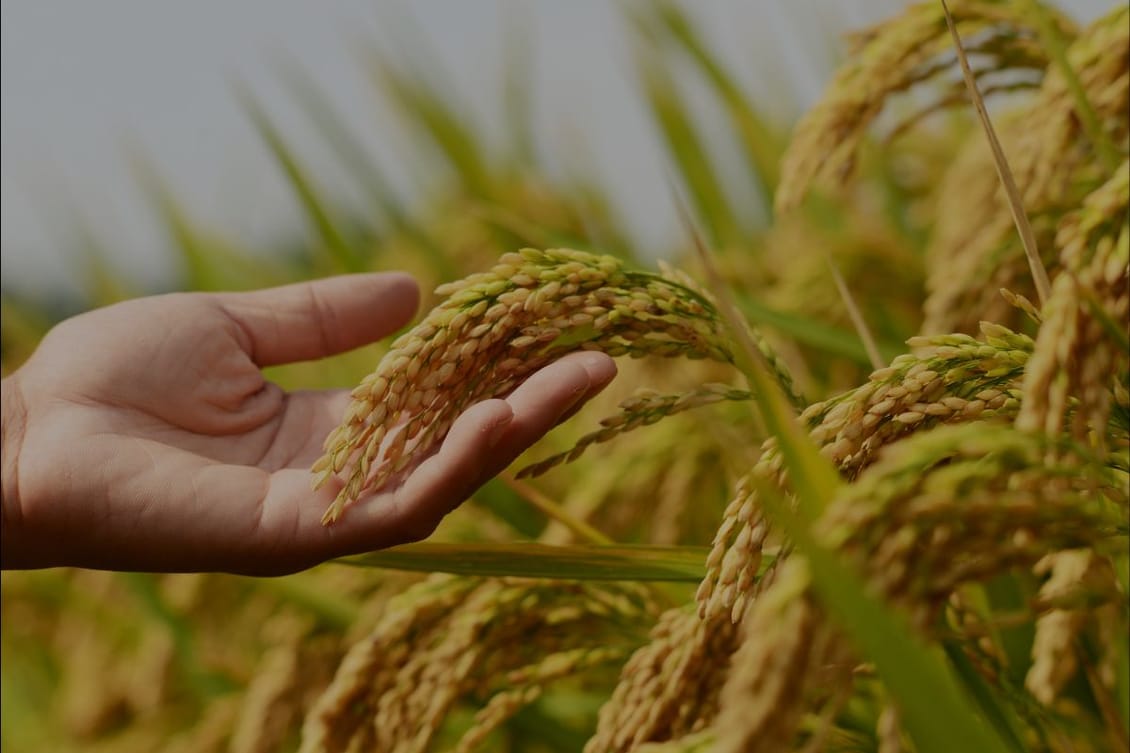
In 2019, a study published in the journal Frontiers in Microbiology noted that crop loss due to fungi and fungal disease was being dangerously underestimated – with fungi causing major losses in five of the most important crops globally.
Since then, the problem has continued to grow. Last year, experts warned that fungal infections in crops mean hundreds of thousands of people worldwide miss out on vital calories, both directly (when the food itself is a crucial part of a community’s diet) and indirectly (when the affected crop, such as bananas or coffee, is an important income source for the country or community).
There are numerous factors at play – but climate change is at the top of the list. Global warming creates more favourable conditions for fungal diseases to thrive and spread; namely, warmer and more humid environments.
And once established, fungi are incredibly resilient: they can survive in soil for up to 40 years, and airborne spores can travel between countries and even continents.
This travel of spores from one place to another is thought to be exacerbated by the intensification of international trade and tourism. More movement between land masses means that fungal pathogens can spread more easily, and much faster.
Some research also indicates that the impact of climate change on insect species needs to be better understood – because insects play an important role in controlling crop pests and fungi. And all of this put together means that fungi are an increasingly serious threat to food security around the world.
Agriculture Dive recently reported that an AgTech startup called Enko, in partnership with Syngenta Crop Protection, may have an AI-powered solution to the problem of fungi.
On January 18 2024, they announced the discovery of a ‘novel chemistry’ that could help growers control disease in cereal crops, offering the potential for an effective fungicide that could protect food security and biodiversity. And this discovery was made using AI: researchers used AI and machine learning models to identify potent molecules from within billions of chemical molecules in Enko’s DNA-encoded libraries.
Using an AI process dramatically reduces the time it takes to screen and identify such molecules, driving the rapid discovery of effective chemicals and enabling the development of fungicide using those chemicals.
Jaqueline Heard (Founder and CEO at Enko) said in a statement:
“By proving that digital tools can cut discovery time for new crop protection solutions, we hope to accelerate the digital transformation shift within the agricultural industry as growers’ needs become more urgent.”
It’s a positive, hopeful step in overcoming a problem that will become more prevalent as more of the world’s regions are affected by global warming. And it highlights the immense potential of AI in agriculture and the food and beverage industry – with new use cases emerging all the time.
If you want to stay ahead of the latest developments in AI for agriculture, register now to attend InFlavour 2024. We can’t wait to see you there.
Take your seat at the InFlavour table, a government-backed and world-leading B2B food event by Tahaluf.
E-mail address SubmitWant to keep up to date with all our latest news and information? Enter your name below to be added to our mailing list.
E-mail address Submit